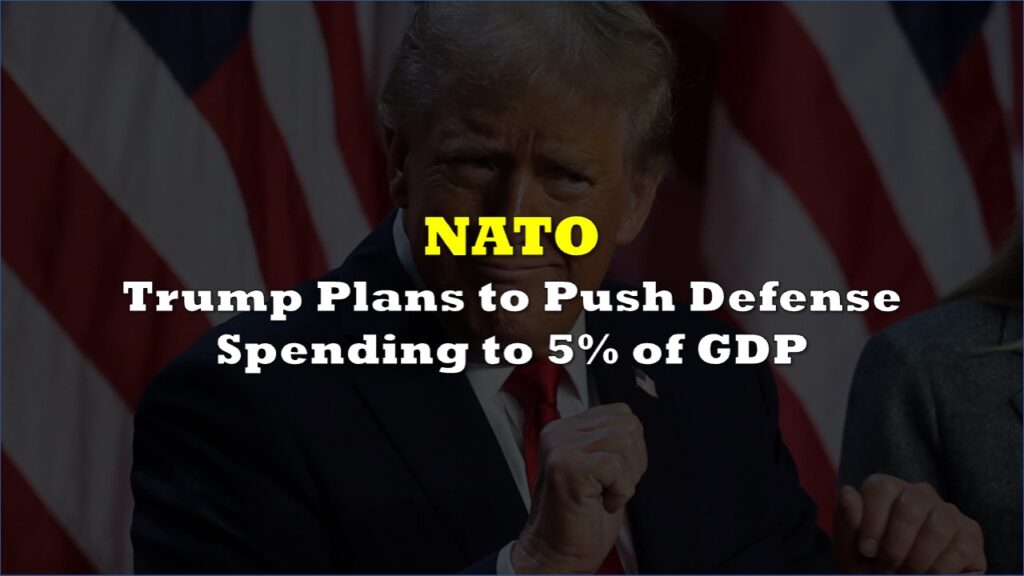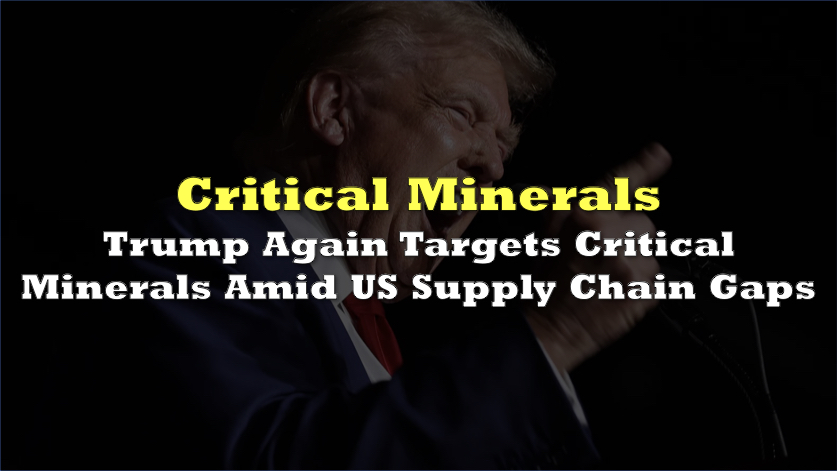Taiwan’s TSMC has unveiled a new plan to invest an additional $100 billion in the US, following CEO C.C. Wei’s announcement of the deal alongside President Donald Trump. This ironically echoes the president’s call to bolster domestic chip production due to mounting worries about America’s reliance on foreign-made semiconductors.
“We must be able to build the chips and semiconductors that we need right here,” Trump said, highlighting national security as the reason behind the investment.
The fresh outlay envisions five additional facilities on US soil, encompassing three new fabrication plants, two advanced packaging centers, and a research and development hub.
TSMC’s pledge follows an earlier expansion plan, raising questions about the real costs of producing in the US. Citing the difficulties encountered in building TSMC’s first Arizona plant, industry observers note that American labor and materials come at a premium.
Analysts suggest that TSMC’s deepening commitment to the US has appeal for major customers like Nvidia, Qualcomm, and Advanced Micro Devices, all eager to shorten supply chains and mitigate geopolitical risks. Intel is another key player, with reports indicating White House officials have courted joint ventures to revitalize Intel’s manufacturing unit.
For Trump—already known for touting big-ticket investments in his drive to boost domestic industries—the announcement is a symbolic victory.
Yet the company’s ties to Taiwan remain complicated. Beijing views the democratic island as its territory, raising fears that escalating pressure from China could jeopardize global chip supplies if tensions flare.
There is also an undercurrent of irony in Trump’s enthusiasm for a Taiwanese company’s American expansion, given his previous public squabbles over high-level visits to Taipei, most notably criticizing former House Speaker Nancy Pelosi’s trip there.
Some Taiwanese officials express caution over the scope of TSMC’s overseas ventures, insisting that top-tier processes stay in Taiwan to maintain the island’s technological leadership.
“This ensures that while TSMC expands its investment in the U.S., the most advanced processes will remain in Taiwan,” said Karen Kuo, a spokesperson for the Taiwanese Presidential Office. TSMC, for its part, insists that overseas growth will strengthen its global standing and bolster innovation for customers worldwide.
In November 2024, Taiwan blocked TSMC from producing its advanced 2-nanometer chips outside the island. For TSMC to manufacture 2nm chips in the US, it must first establish production of its top-of-the-line 1.6nm semiconductors (also known as ‘A16’) in Taiwan, planned for late 2026.
The Trump administration has inherited its predecessor’s efforts with the CHIPS and Science Act and federal subsidies designed to encourage semiconductor production on American soil. While the $100 billion figure dominates headlines, questions linger about how much financial support TSMC will ultimately receive and whether the complex interplay of international politics, labor expenses, and supply chain logistics will undermine the company’s business model.
Information for this story was found via Reuters and the sources and companies mentioned. The author has no securities or affiliations related to the organizations discussed. Not a recommendation to buy or sell. Always do additional research and consult a professional before purchasing a security. The author holds no licenses.









